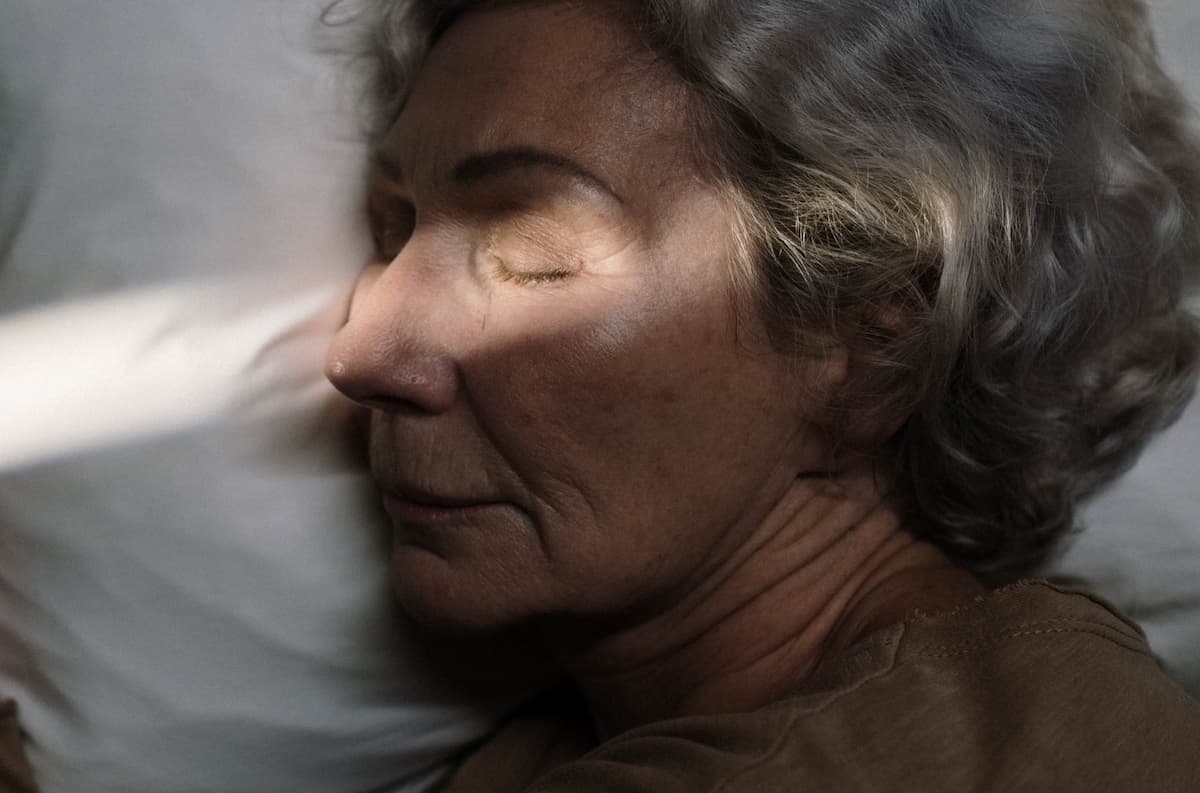Training this personality trait could improve your sleep.
Optimists tend to sleep better, research finds.
People with positive personalities have a 70 percent lower chance of suffering from insomnia or sleep disorders.
Optimists are typically hopeful about the future and tend to believe that goodness pervades reality.
This may help them when sleeping as being positive helps reduce ruminative thoughts about stressful events that tend to keep insomniacs awake.
The research suggests that receiving training in optimism could improve people’s sleep.
Mr Jakob Weitzer, the study’s first author, said:
“Other studies have shown that optimists take more exercise, smoke less and eat a healthier diet.
On top of that, they have better strategies for coping with problems and experience less stress in challenging situations.
All these factors could contribute to better quality sleep.”
This study included over 1,000 people in Austria who were asked about their personality, lifestyle and sleep patterns.
People who are optimistic tend to agree strongly with statements like, “I’m always optimistic about my future” and strongly disagree with statements like, “I hardly expect things to go my way.”
The results clearly showed a link between greater optimism and improved sleep.
A previous study has found that people who are hopeful about the future are 78 percent more likely to report very good quality sleep.
Positive people also reported getting a good amount of sleep: six to nine hours per night.
Optimists were much less likely to report any symptoms of insomnia or daytime sleepiness.
The good news is that optimism is not fixed in stone.
Exercises such as visualising your ‘best possible self‘ have been shown to increase optimism.
Mr Weitzer exlained:
“This involves trying to imagine an ideal and writing down how one’s best possible life could look in the future.
After several weeks of regular practice, it can help to increase an individual’s level of optimism.”
The study was published in the Journal of Sleep Research (Weitzer et al., 2020).

